The Ministry of Construction is seeking comments on the Government's Draft Resolution on the mechanism to control and curb real estate prices. The draft proposes to apply a limit to loans for buying a second home or more (a maximum loan of 50% of the purchase contract value for a second home and a loan of no more than 30% for a third home).
Talking to the Investment Electronic Newspaper - Baodautu.vn , an economic expert said that tightening real estate credit for the second and third time will be a sudden brake on real estate credit, which can lead to a sudden drop in liquidity and a frozen market. In the past, tightening credit has also led to a real estate market crisis.
"More than a decade ago, in the period of 2011 - 2013, the real estate market also fell into crisis, partly due to banks tightening real estate credit while the real estate bubble burst in 2009 - 2010. During that period, real estate lending was classified by the State Bank as a "non-production sector" and was required to limit lending. As a result, real estate prices fell, but liquidity was also very quiet, the market almost froze. The second and third tightening of real estate credit, if implemented in the current period, would not necessarily reduce housing prices, because of the scarce supply, but would cause the market to fall into a liquidity crisis before it had fully recovered," said this expert.
 |
| Dr. Le Xuan Nghia, economic expert. |
Dr. Le Xuan Nghia, a member of the Prime Minister 's Policy Advisory Council, also said that this measure should not be applied. Since the beginning of the year, the Party and the Government have issued a series of resolutions, shifting the mindset from administrative management to proactive creation, serving the people and businesses. Regarding credit, the Prime Minister also requested the State Bank to pilot the elimination of credit room in 2026. In this context, applying a loan limit for a second or more real estate is non-market.
Furthermore, according to this expert, under current legal regulations, commercial banks have the right to decide on their own loan limits for customers, the State Bank or any management agency cannot interfere with the freedom of business of enterprises. The State Bank can only provide technical tools to ensure that banks operate safely and healthily (for example, regulations on capital safety ratios, credit limits, debt classification, etc.).
Over the past few decades, the State Bank has had many solutions to control real estate credit risks, for example, increasing/decreasing the real estate risk coefficient (sometimes up to 250%), reducing the proportion of short-term capital used for medium and long-term loans from 60% to 30%... In fact, many tools to control real estate credit are ineffective, and bank capital still flows strongly into this field.
However, according to Dr. Le Xuan Nghia, almost no country prevents real estate speculation by tightening credit policies, but mainly by tax policies. Taxing second real estate can only be applied when there is a complete real estate database. With the current situation in Vietnam, this is impossible.
"Banks are not authorities, so they cannot know how many properties borrowers own. Even taxing second properties is not easy. China once applied a second home tax, but it failed because it could not control information and could not reduce housing prices," said Dr. Le Xuan Nghia.
According to this expert, the process of collecting real estate data and classifying which real estate is first, second, or third class requires a huge amount of human resources, technology, and time and cannot be done immediately.
Moreover, the scale of real estate credit in our country (about 4 million billion VND, accounting for 24% of the total outstanding debt of the whole system) is not too large. In many developed countries, this ratio can be up to 40%. Of course, in other countries, real estate credit is mainly for individuals to borrow to buy houses, investors often find capital in the bond and stock markets.
Most importantly, according to this expert, even if real estate credit is tightened or second homes are taxed, real estate prices cannot decrease if supply continues to be scarce as it is now.
Therefore, experts recommend that instead of tightening credit for second and third homes, we should focus on the most feasible and fundamental solution to the problem, which is to increase the supply of real estate, especially social housing and affordable housing for low-income people.
To increase the supply of social housing and low-cost housing, the most important issue lies in removing legal obstacles and having policies to support home buyers. Currently, the State Bank has a 145,000 billion VND package for social housing loans, but disbursement is still very small. In addition to strict conditions and lending subjects, the small number of projects, and high interest rates (due to lack of budget support) are among the reasons leading to this situation.
Source: https://baodautu.vn/phanh-gap-tin-dung-bat-dong-san-cung-khong-the-lam-giam-gia-nha-d408655.html







![[Photo] Dan Mountain Ginseng, a precious gift from nature to Kinh Bac land](/_next/image?url=https%3A%2F%2Fvphoto.vietnam.vn%2Fthumb%2F1200x675%2Fvietnam%2Fresource%2FIMAGE%2F2025%2F11%2F30%2F1764493588163_ndo_br_anh-longform-jpg.webp&w=3840&q=75)
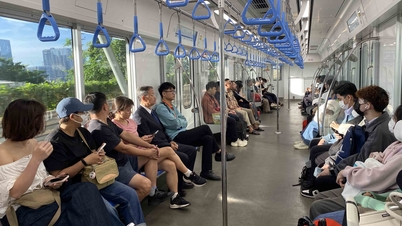





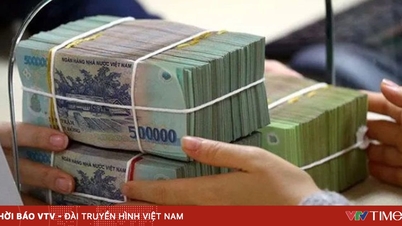
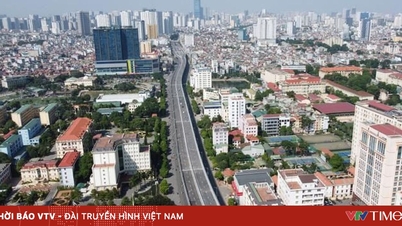







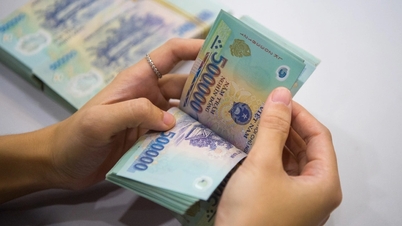













































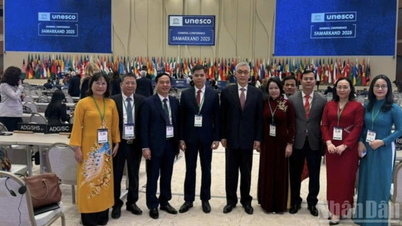








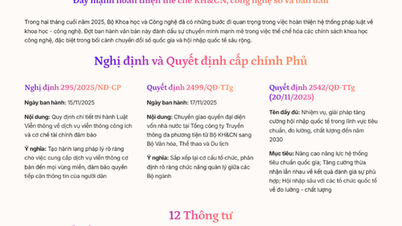

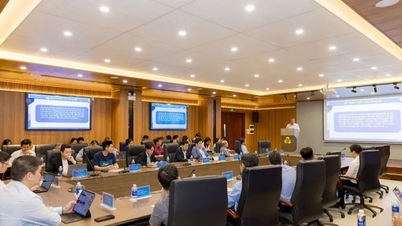






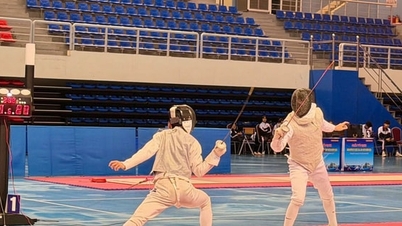




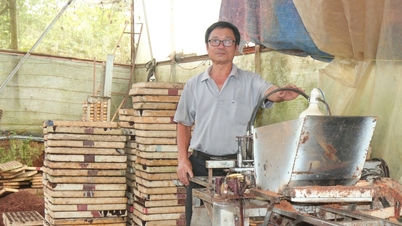













Comment (0)